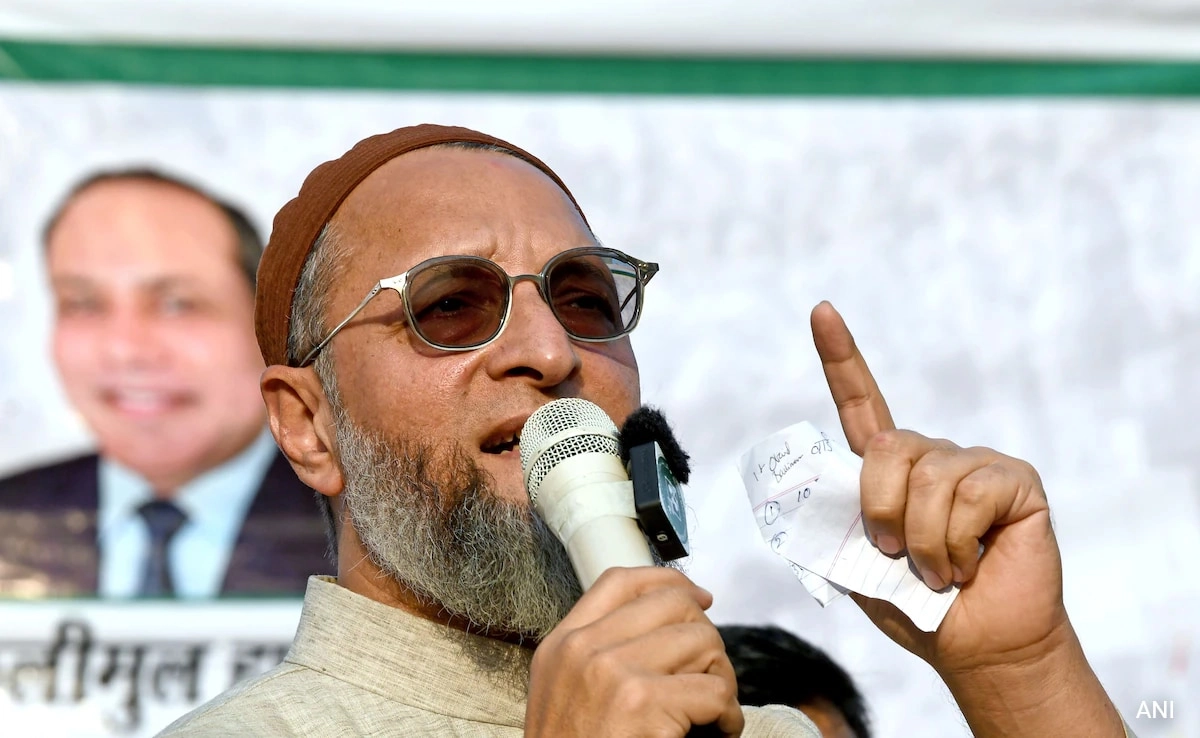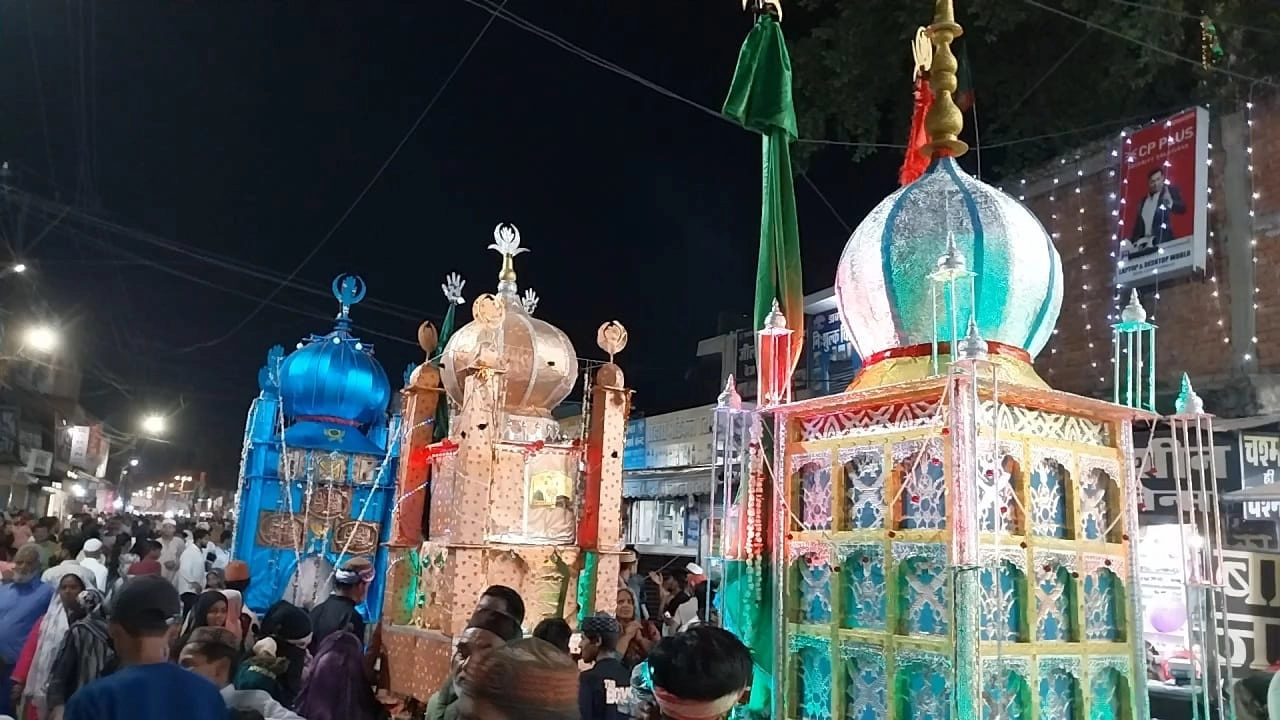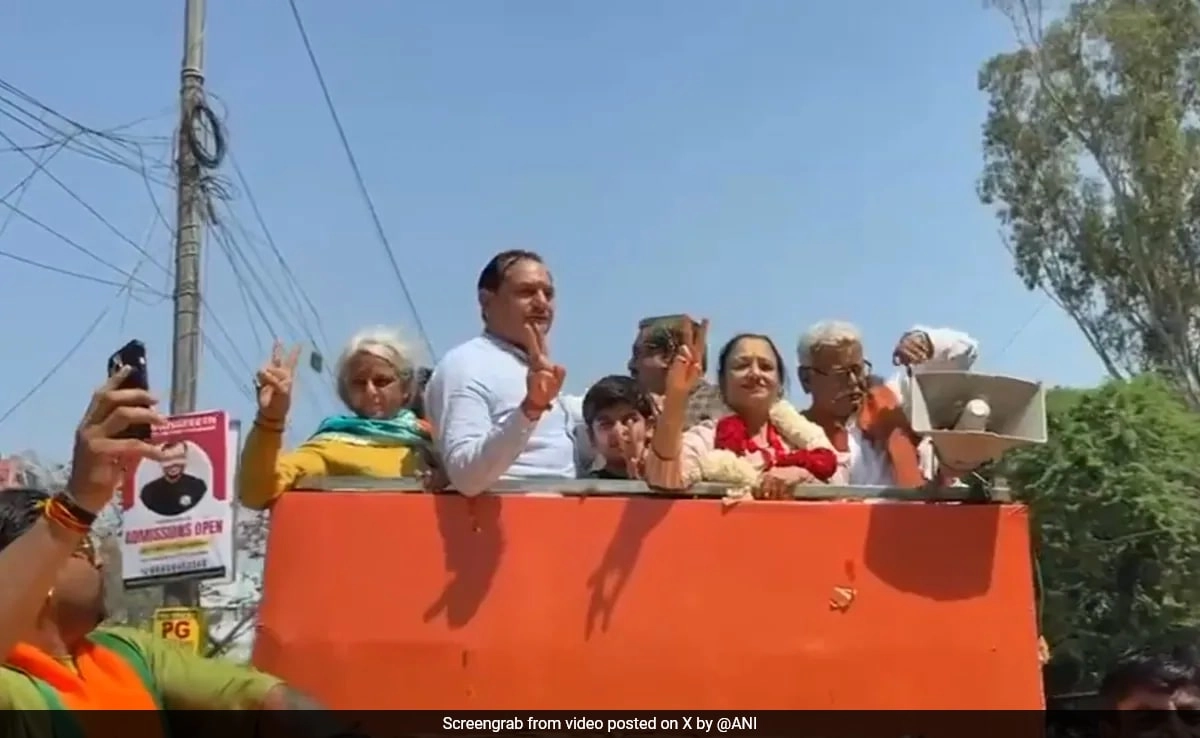In response to the recent attack in Pahalgam, prominent political figure Asaduddin Owaisi has expressed unwavering support for the decisions made by the Centre regarding the situation. Owaisi emphasized the importance of solidarity in times of crisis, urging that the safety and security of citizens should be the top priority. The Pahalgam incident has raised significant concerns about security in the region, and Owaisi’s remarks highlight the need for a united front against such acts of violence.
Owaisi’s statement reflects a broader sentiment among political leaders who are grappling with the implications of such attacks on national security and communal harmony. He called for a comprehensive assessment of the circumstances surrounding the attack, indicating that it is crucial for the authorities to take measured and effective action. The incident has not only caused fear among local residents but has also drawn attention from national and international observers regarding the stability of the region.
Moreover, Owaisi’s commitment to supporting the Centre’s decisions underscores the necessity for political leaders to rise above partisan interests during crises. By aligning with the government’s response, he aims to foster a sense of collective responsibility and resilience among the populace. This approach is vital in ensuring that the government can implement strategies that effectively address security threats while maintaining public trust.
The Pahalgam attack serves as a stark reminder of the ongoing challenges faced in maintaining peace and order in sensitive areas. As discussions unfold regarding the best course of action, Owaisi’s stance reinforces the notion that collaboration and support among political entities can play a crucial role in navigating such turbulent times. Ultimately, the focus must remain on safeguarding the lives of citizens and restoring a sense of normalcy in the affected regions.




